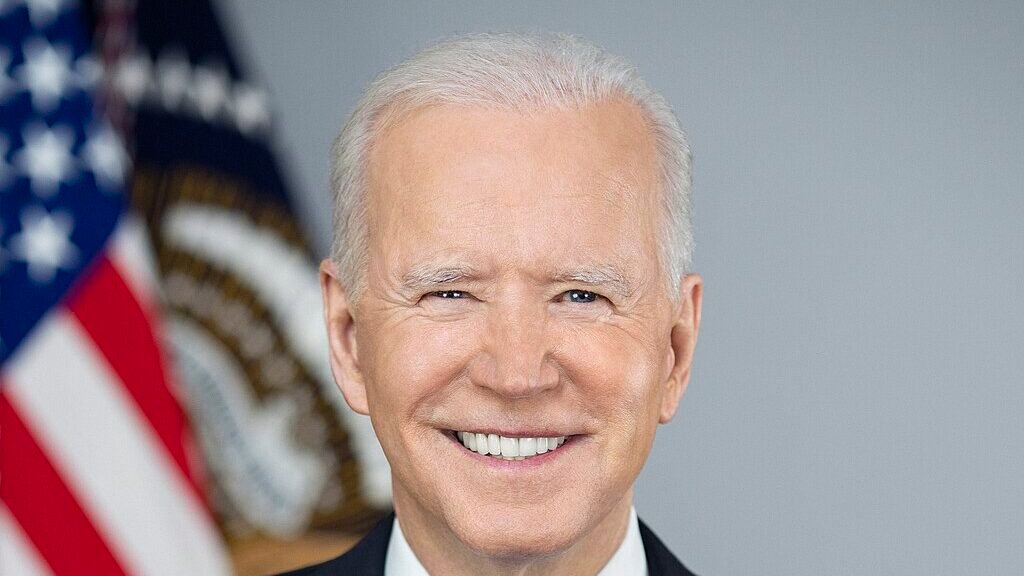The Central Bank of the UAE (CBUAE) has imposed a hefty Dh5 million fine on a bank operating in the UAE, signaling a stronger stance on financial compliance and anti-money laundering efforts.
CBUAE Tightens Regulatory Grip
In a move that underscores the UAE’s commitment to financial transparency and integrity, the Central Bank has taken decisive action against a bank found in violation of anti-money laundering laws. The sanction, imposed under the law on anti-money laundering and combating the financing of terrorism and illegal organisations, goes beyond a mere financial penalty.
The CBUAE has directed the bank to present the Central Bank’s action to the board of directors of its overseas headquarters, emphasizing the global implications of local compliance failures. This decision follows a similar action last month when another bank was fined Dh5.8 million for illegal financing policies.
Implications for UAE’s Financial Landscape
This latest enforcement measure signals a shift towards stricter regulatory oversight in the UAE’s banking sector. The Central Bank’s actions reflect a broader trend of tightening financial regulations in the country, with potential implications for all businesses operating within its jurisdiction.
Last year, the CBUAE imposed administrative sanctions on eight banks for failing to comply with instructions regarding the Nationals Defaulted Debts Settlement Fund (NDDSF) facilities. These actions collectively demonstrate the Central Bank’s resolve to ensure that all banks, their owners, and staff adhere to UAE laws and regulations.
For businesses and entrepreneurs in the UAE, this development serves as a crucial reminder of the importance of maintaining robust compliance measures. As the regulatory landscape evolves, staying informed and adapting to new requirements will be key to avoiding penalties and maintaining a competitive edge in the UAE’s dynamic financial sector.











